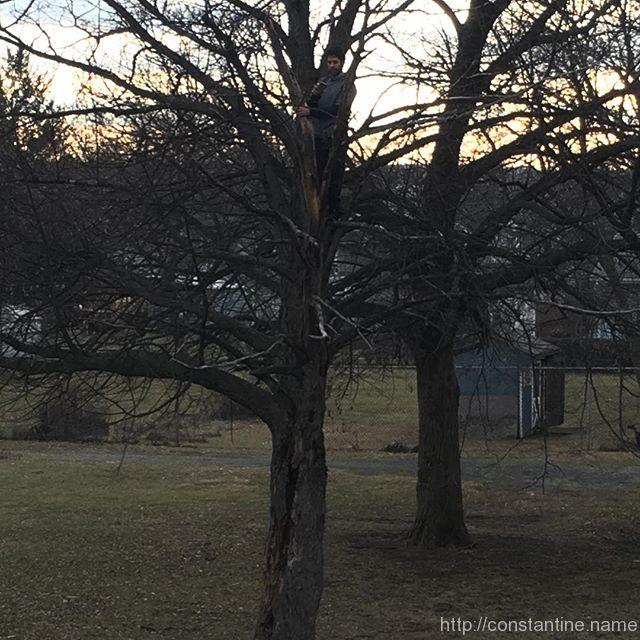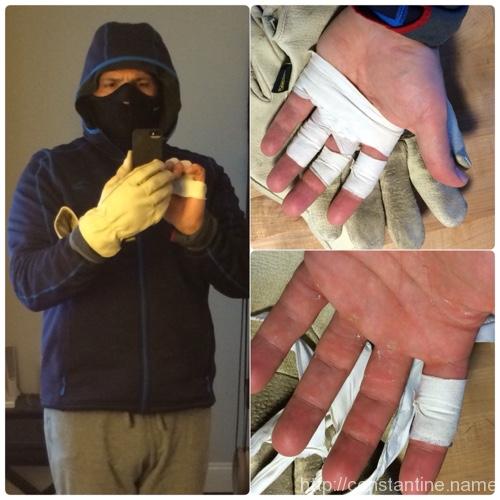Not everything is a process, but much of what you do each day is a process. How much of what you do each day is a process, but you don’t realize it is? Because you’re wasting your life in that gap.
Two examples to illuminate my thinking, then you’re on your own:
Groceries. You know there’s a process for this. Get in car. Travel to store(s). Move through store in the usual pattern. Select things. Pay and leave. Travel home. Exit car. Move purchases into domicile and put them away.
Laundry. Move dirty clothing to the washing machine. Load machine with clothes and detergent. Start machine. Return later. Flip laundry to drier or to hang-dry. Return later. Fold or organize clean laundry. Return clothing to domicile storage.
Every detail of those processes will be different for each of us. You know your exact process very well, and you could tell me your process, just as I’ve done above. But these processes are actually closed loops which you are going to repeat a huge number of times. I could append, “Wear clothes. Repeat.” to the laundry process, and I could add, “Consume food. Repeat.” to the grocery process.
You know you can optimize things, but the entire process can be optimized—should be optimized. If it’s a process, you’re doing it by rote. (Yes, you can focus on what you’re doing and enjoy it. But you’re not doing anything creative.) So optimize the entire process. Is a car the optimal way to go get your groceries? Where do you keep the grocery list? How do things get put onto that list? Where do groceries etc. get stored in your domicile? How do you prepare and plan meals to use the groceries? Where do you store your dirty laundry? Where do you store “wear this again” clothing? How do you store and rotate seasonally changing clothes? How do you replace items that wear out? If it’s a process, you can optimize it and then you can spend less time on it.
Groceries and laundry are simply my examples. What other things do you do in your life that are processes which you haven’t considered at all? If you thought about them, and organized and optimized the process, how much time would it save you? Aren’t you always wishing you had more time? How much better would your mind work if it wasn’t trying to remember, and struggle through poorly-designed, (or worse, figured out on-the-fly each time,) processes?
What could you do with all that extra time?
Could you use that free time for things in your life that are not processes? Read a book… Spend a day relaxing on a beach… Have dinner with a friend…
To me, “life balance” is about how much time I spend on things which are processes versus things which are not processes.
ɕ


